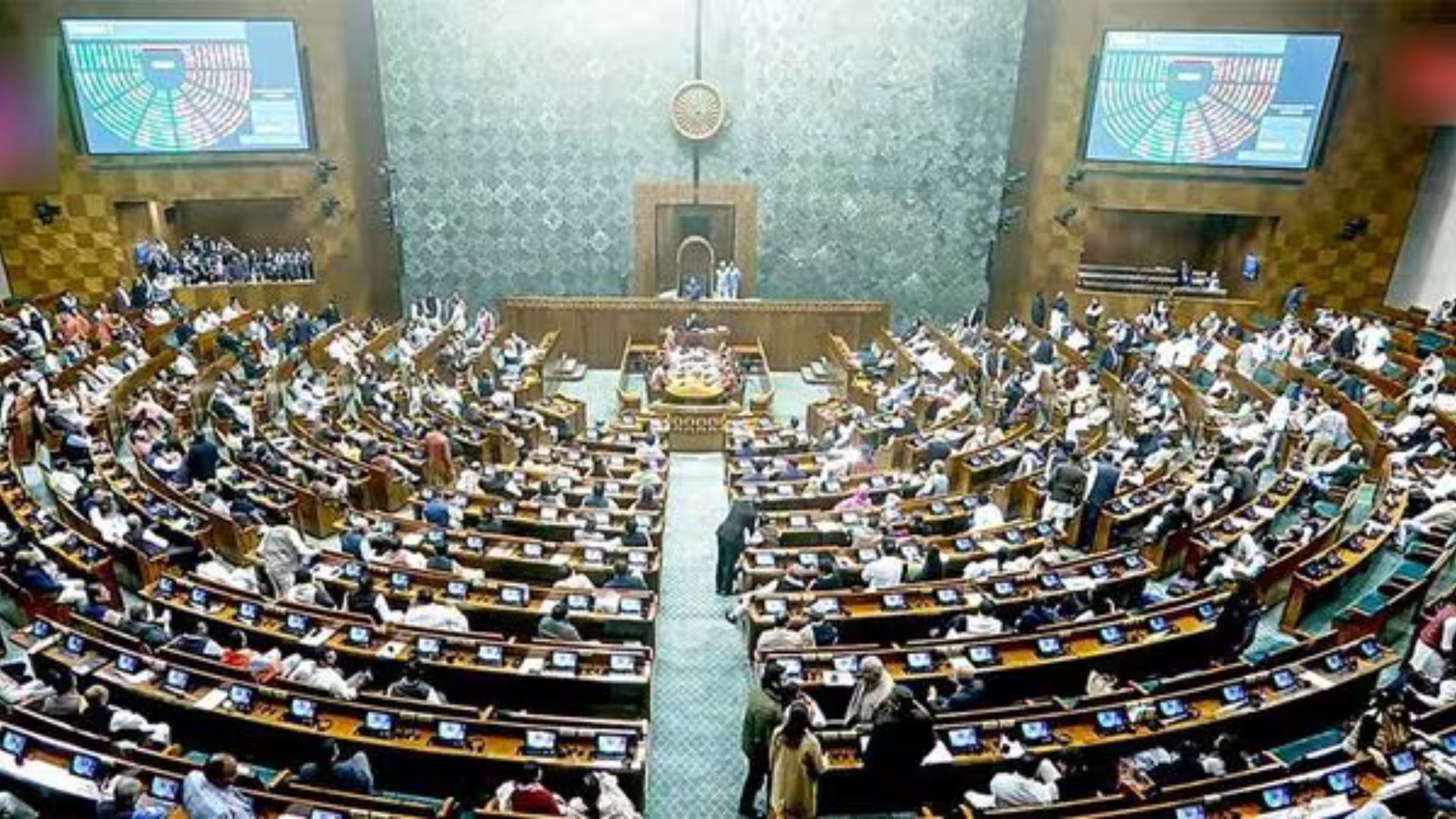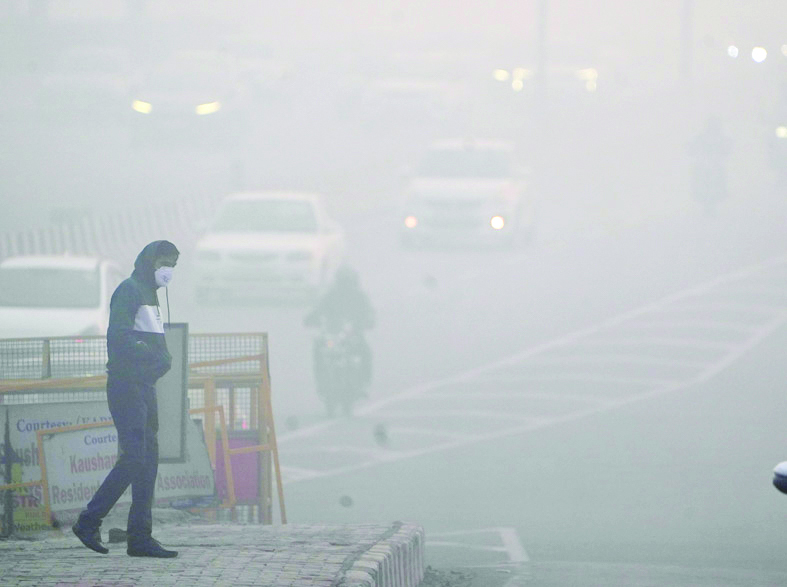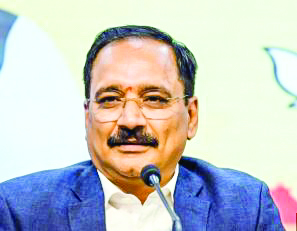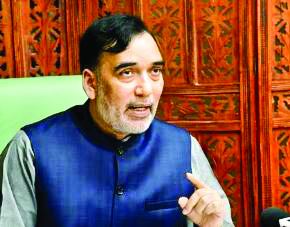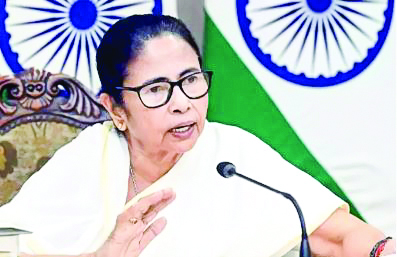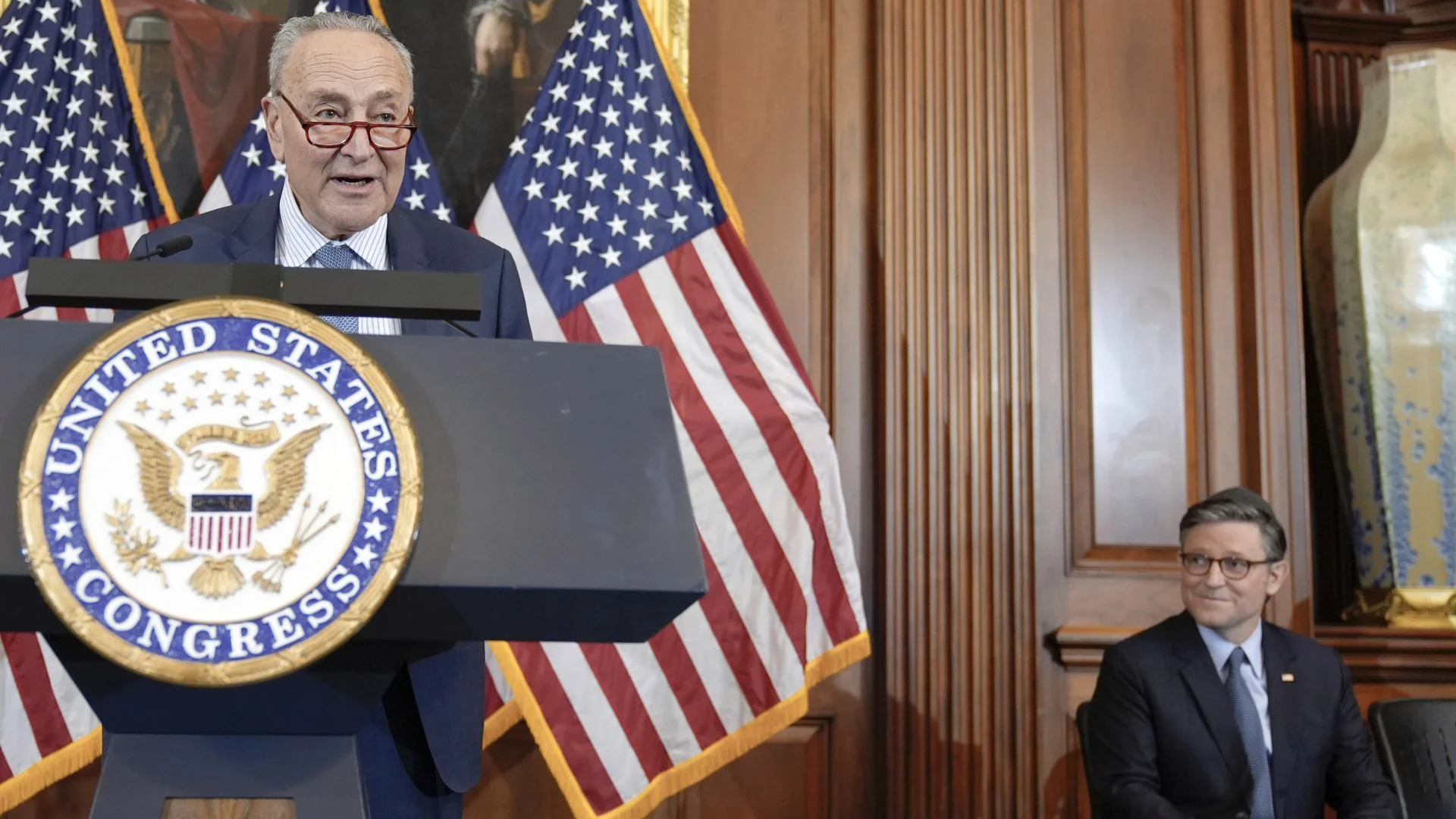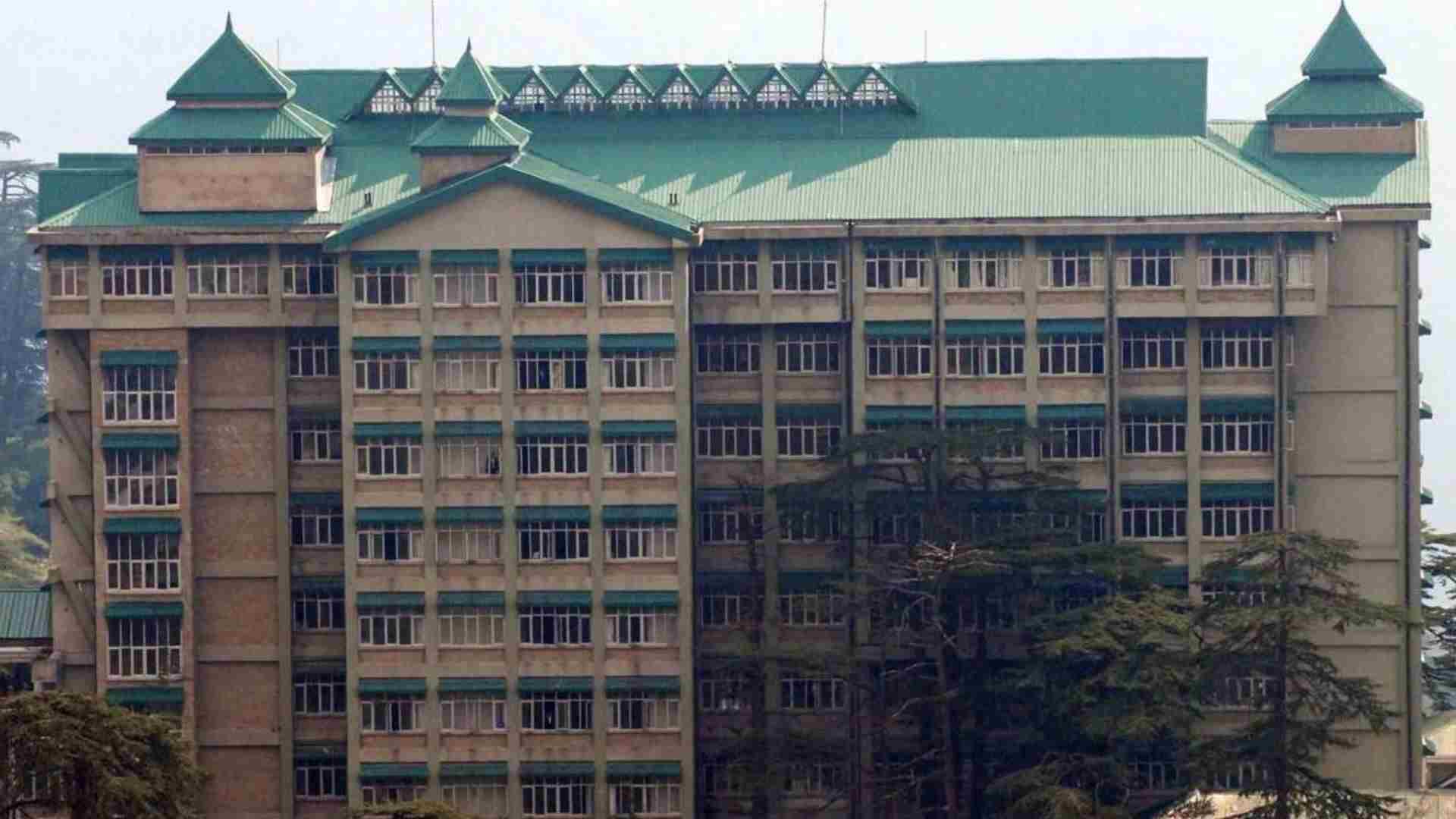
The central government views digital payments as a public good and has stated that it is not the appropriate time to make them chargeable, according to finance minister Nirmala Sitharaman. The minister added that India can achieve a certain level of transparency through digitization.
“We (Centre) see digital payments as the public good. We feel that people should be able to access it freely so that the digitisation of the Indian economy becomes attractive. We can also achieve a level of transparency through digitisation,” said the finance minister while addressing an event in New Delhi.
“Therefore, we still think it is not the right time to make it chargeable. We are more and more pushing toward open digital transactions, digitisation and platforms that can enable great access. The RBI’s recommendation is to a working paper and let the working paper be where it is,” Sitharaman added.
The Reserve Bank of India requested suggestions from stakeholders regarding charging for UPI payments, which prompted the Centre to state that the government had no plans to do so just days before the finance minister made his remarks.
Earlier, in a tweet, the finance minister said, “UPI is a digital public good with immense convenience for the public & productivity gains for the economy. There is no consideration in Govt to levy any charges for UPI services. The concerns of the service providers for cost recovery have to be met through other means.”
“The government had provided financial support for the digital payment ecosystem last year and has announced the same this year as well to encourage further adoption of #DigitalPayments and promotion of payment platforms that are economical and user-friendly,” it said.
“UPI as a funds transfer system is like IMPS. Therefore, it could be argued that the charges in UPI need to be similar to charges in IMPS for fund transfer transactions. A tiered charge could be imposed based on the different amount bands,” said the central bank.
It had, however, also included a disclaimer in it. The RBI stated in the discussion paper, “At this stage, it is repeated that the RBI has neither taken any position nor has any specific opinion on the concerns highlighted in this document.”
